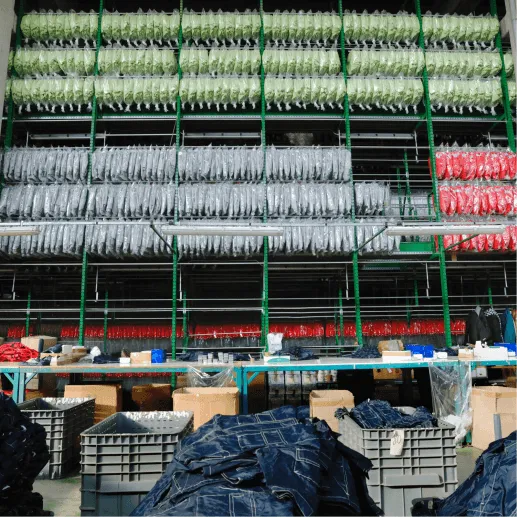Manufacturing Execution Systems (MES) are digital solutions that help manufacturers optimize production processes, reduce costs, and improve productivity. With the increasing demand for operational excellence, MES is becoming a critical factory requirement. This blog will discuss how much a company can save by implementing digital MES in its factories.
Digital MES provides many features and benefits that can help companies save money, increase efficiency, and improve quality. Here are some of how digital MES can help companies save money:
Reduced Labor Costs:
Digital MES enables factories to monitor production activities in real time, identify inefficiencies, and optimize production planning and scheduling. By optimizing production planning and scheduling, factories can reduce idle time, improve productivity, and reduce labor costs. For example, by implementing digital MES, a factory can reduce labor costs by up to 20% due to improved production planning and scheduling.
Improved Quality Control:
Digital MES provides real-time data collection, analysis, and reporting capabilities, enabling factories to identify and address production issues in real time. By improving quality control, factories can reduce rework and scrap costs. For example, by implementing digital MES, a factory can reduce rework and scrap costs by up to 30%.
Reduced Inventory Costs:
Digital MES provides inventory management features that enable factories to optimize inventory levels and reduce inventory carrying costs. By optimizing inventory levels, factories can reduce the costs associated with excess inventory and stockouts. For example, by implementing digital MES, a factory can reduce inventory carrying costs by up to 15%.
Improved Maintenance Management:
Digital MES provides maintenance management features enabling factories to monitor machine performance and identify real-time maintenance issues. Factories can reduce downtime and maintenance costs by identifying real-time maintenance issues in real-time. For example, by implementing digital MES, a factory can reduce maintenance costs by up to 10%.
Increased Efficiency:
Digital MES provides real-time data collection, analysis, and reporting capabilities that enable factories to monitor production activities and identify inefficiencies. By identifying inefficiencies in real time, factories can take corrective action immediately, reduce downtime, and increase efficiency. For example, by implementing digital MES, a factory can increase efficiency by up to 25%.
Based on the above benefits, the financial impact of digital MES implementation for a company can be significant. For example, a company that produces 1,000 units per day and has an average unit cost of $20 can save up to $400,000 annually by implementing digital MES. This is based on the following assumptions:
- Labor costs reduced by 20%: $80,000 per year
- Rework and scrap costs reduced by 30%: $60,000 per year
- Inventory carrying costs reduced by 15%: $30,000 per year
- Maintenance costs reduced by 10%: $20,000 per year
- Efficiency increased by 25%: $210,000 per year
In conclusion, implementing digital MES in factories can provide significant financial benefits by reducing labor costs, improving quality control, reducing inventory costs, improving maintenance management, and increasing efficiency. Factories can save money, improve productivity, and gain a competitive edge by optimizing production processes.



